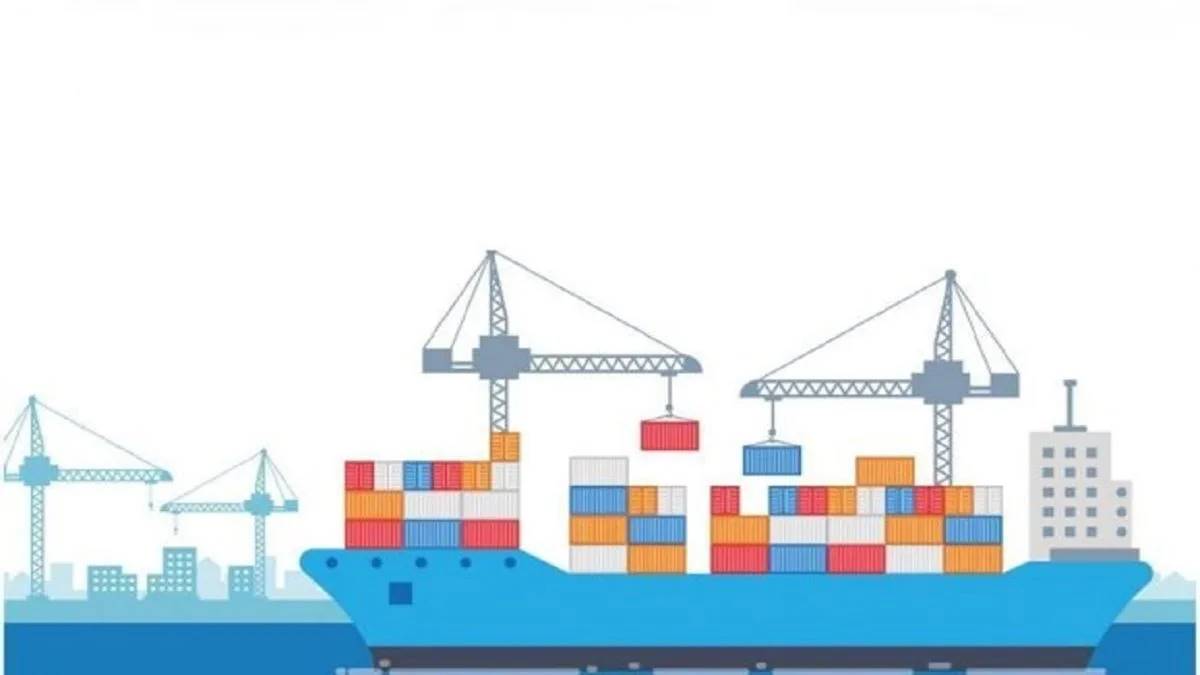17 Dec , 2022 By : Monika Singh

India and Australia will likely launch talks for a broader free trade agreement (FTA) next month after an interim trade deal between the two countries, signed in April, enters into force on December 29, senior commerce ministry officials said on Friday.
The interim pact, or the India-Australia Economic Cooperation and Trade Agreement, promises preferential access to all Indian goods and 85% of Australian products to each other’s market in five years. It aims to raise bilateral trade to $50 billion in five years from $27.5 billion in 2021. Canberra will also stop taxing the offshore income of Indian IT firms providing technical support there.
The commerce ministry is closely monitoring “non-essential imports” and is in the process of identifying such products with the help of administrative ministries for possible counter-measures, additional secretary L Satya Srinivas told reporters.
Asked if duties will be hiked on such products to discourage their imports, he said any counter-measure or strategy, whether involving tariff or not, will be decided only after such items are identified and their traits are adequately assessed.
Sources had earlier told FE that the idea behind such an exercise is also to see how local production of these items could be bolstered or promoted so that import incidence automatically would come down. The ministry is studying both the structural and seasonal surge in imports of such products, said another official.
The exercise to identify “non-essential imports” is also part of the government’s broader efforts to contain the elevated current account deficit (CAD) if the rupee weakens against the greenback further. The move also comes after the pandemic exposed India’s traditional but uneasy dependence on supply chains from geographies that were not reliable and transparent. This prompted the government to scour for solutions to reduce reliance on such suppliers.
Elevated CAD—some analysts expect it to hit 3.5% of GDP in FY23 against 1.2% a year before–has proved to be a double whammy for the rupee at a time when the US Federal Reserve has resorted to aggressive policy tightening to control inflation. The rupee has depreciated by close to 11% against the dollar so far in 2022, although it has still performed much better than many others.
A dozen and a half vostro accounts have been opened so far to facilitate rupee trade, director general of foreign trade Santosh Kumar Sarangi said.
Russian banks like Sberbank, VTB, Gazprom, BCS, MTS, Tinkoff, Soyuz, Credit Europe Bank (Russia), PSCB, Ros and JSCB have opened such accounts. Six of these accounts have been opened with IndusInd Bank, and one each witth Uco Bank, HDFC Bank, Union Bank of India and Canara Bank. Sberbank and VTB has opened one such account with their local branches here.
SBI Mauritius and People’s Bank of Sri Lanka have opened vostro accounts with State Bank of India. Sri Lankan banks—Seylan Bank, NDB Bank and Commercial Bank of Ceylon–have opened these accounts with Indian Bank. Bank of Ceylon has opened one such account with its own branch in India.
Sarangi said the Indian Banks’ Association and the Federation of Indian Export Organisations will undertake an awareness campaign to sensitise stakeholders about the rupee trade. The Reserve Bank of India (RBI), which has issued an FAQ for this purpose, will continue to update it periodically, based on fresh queries from key stakeholders.
0 Comment